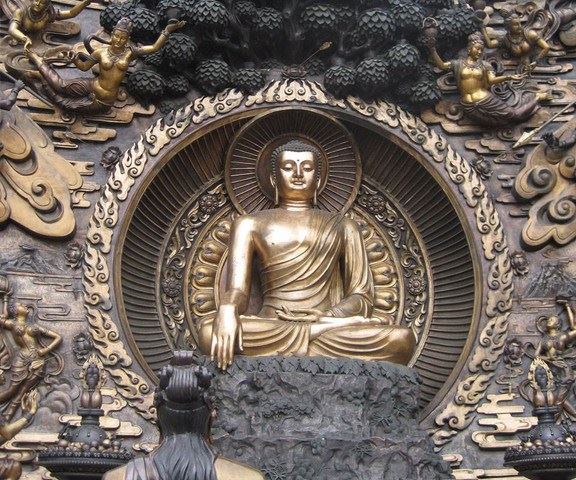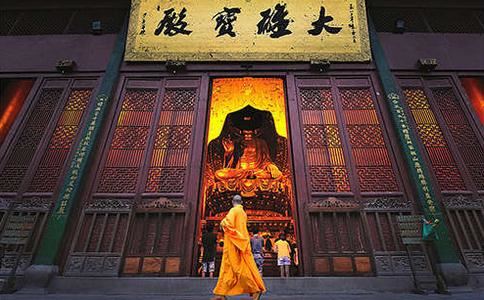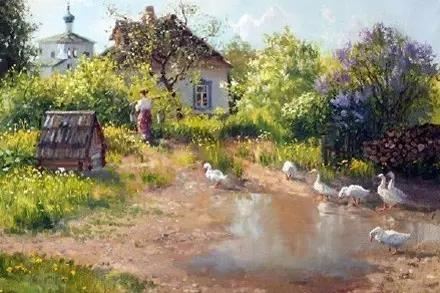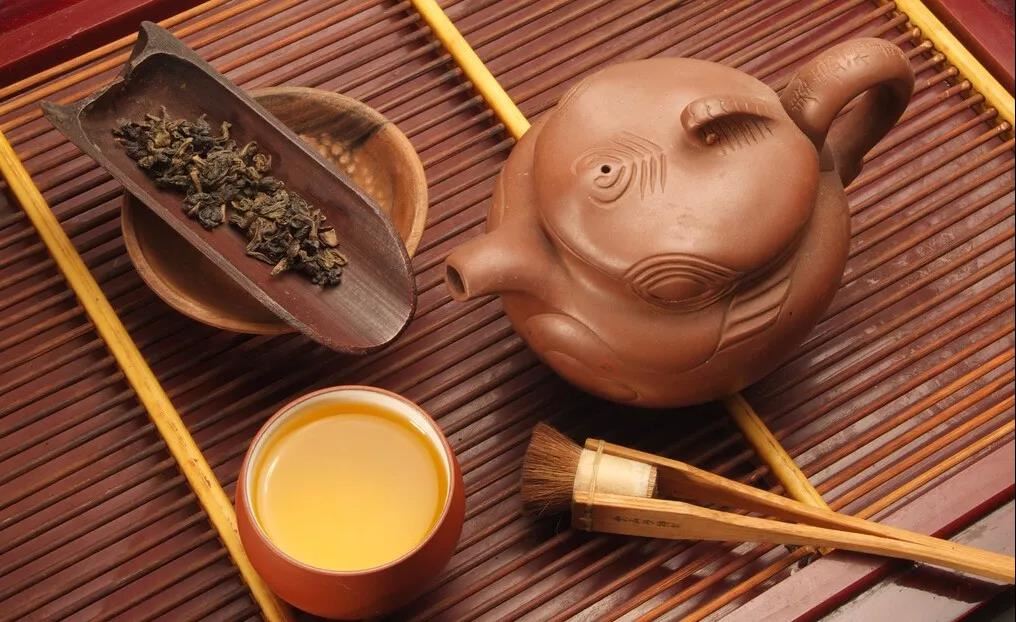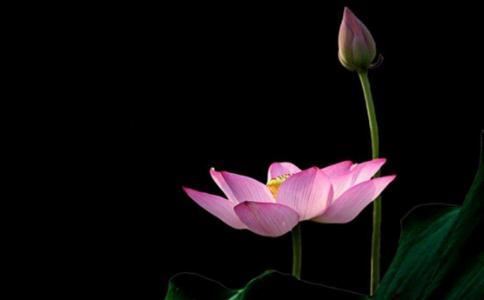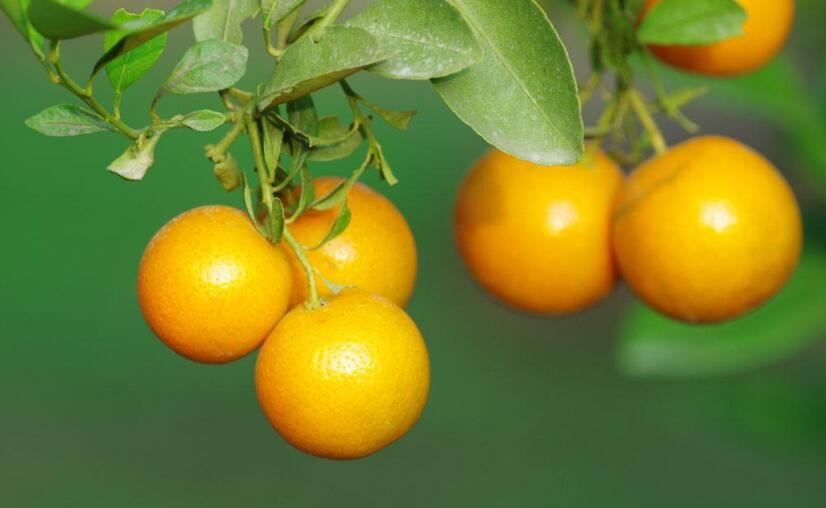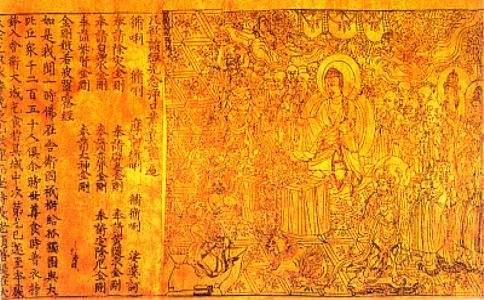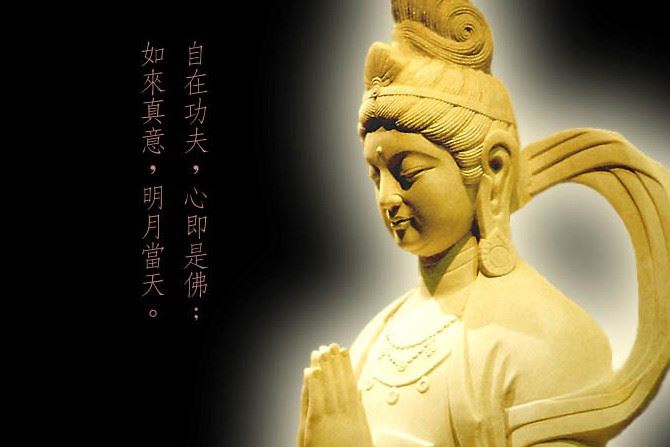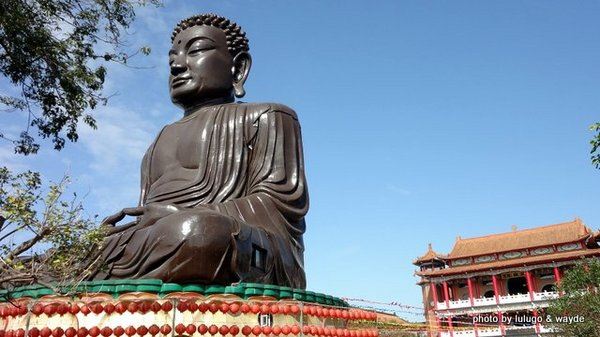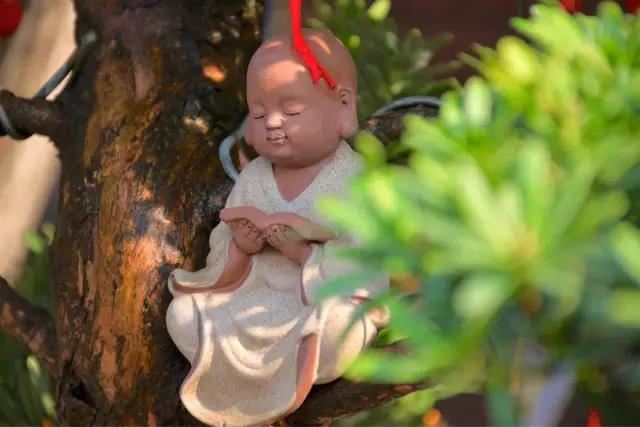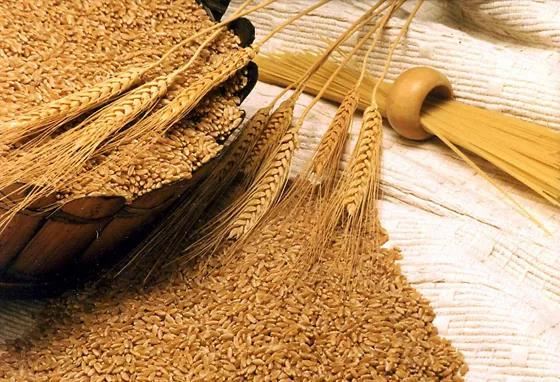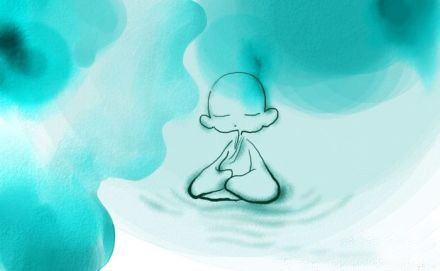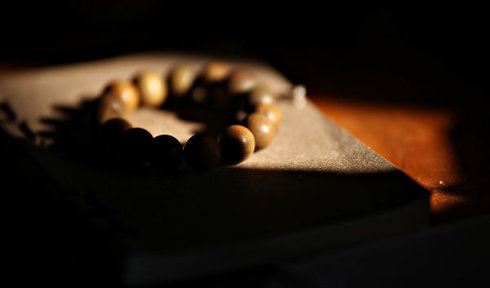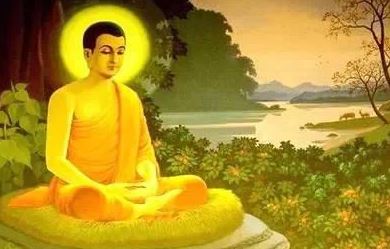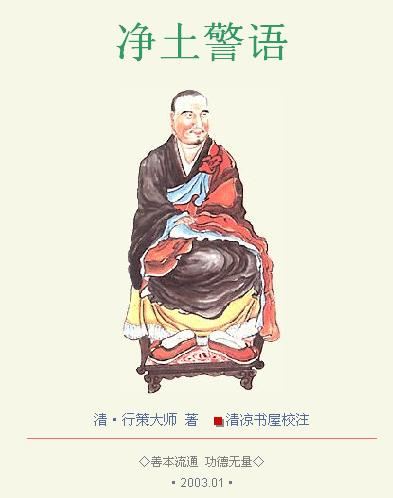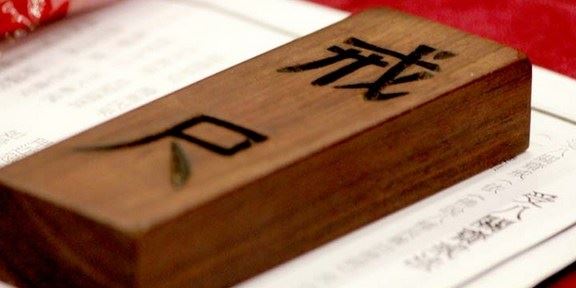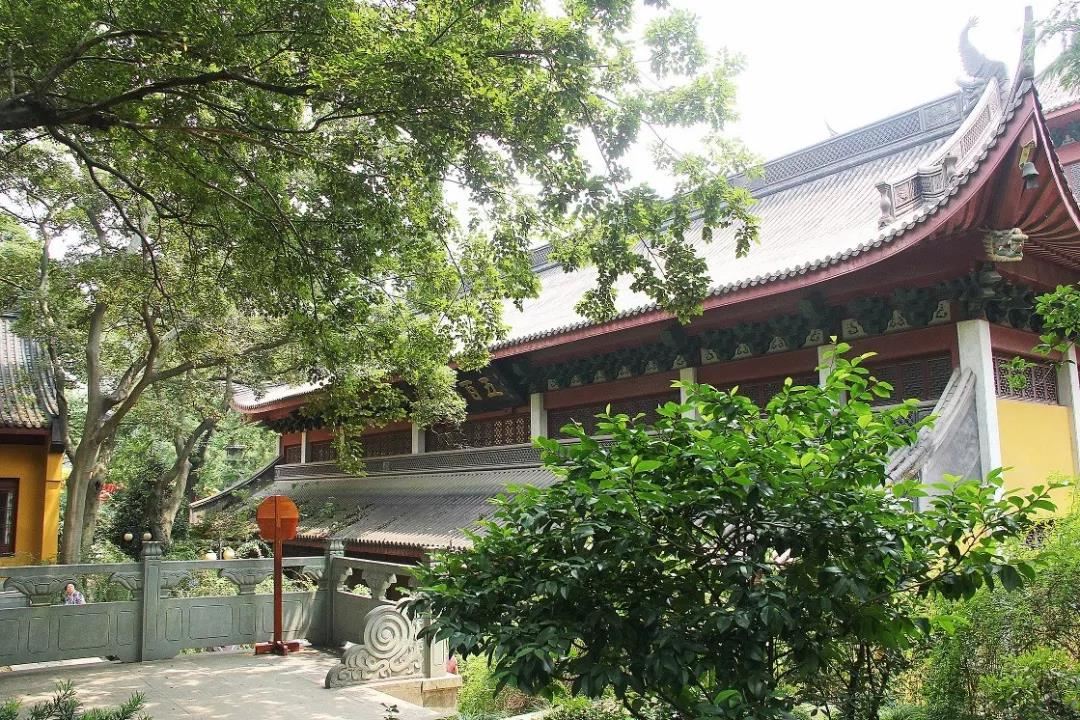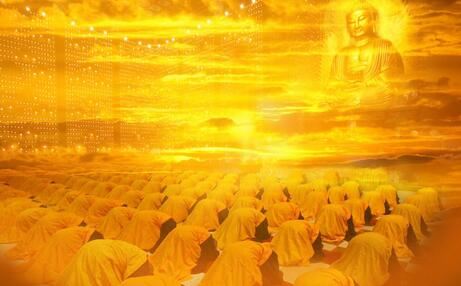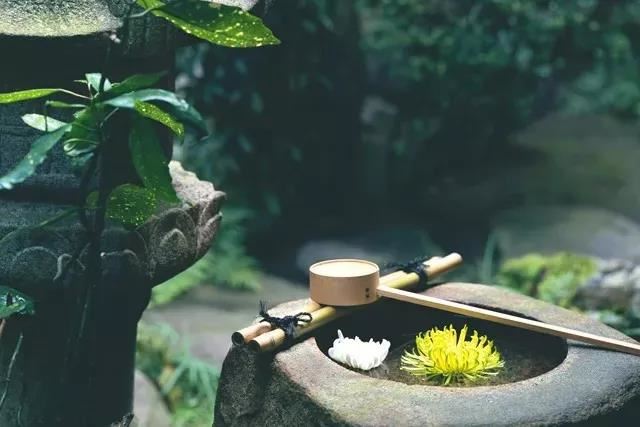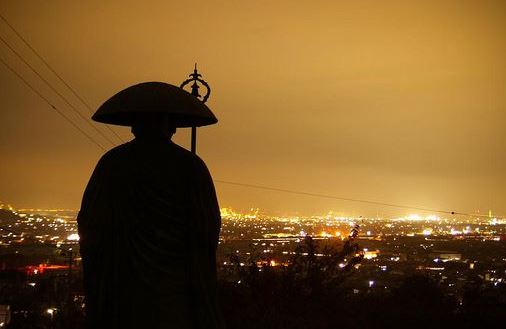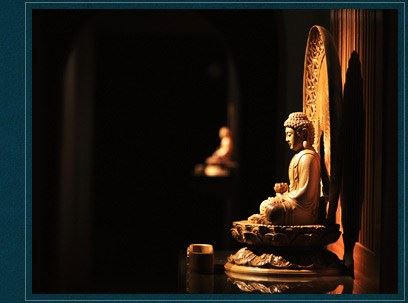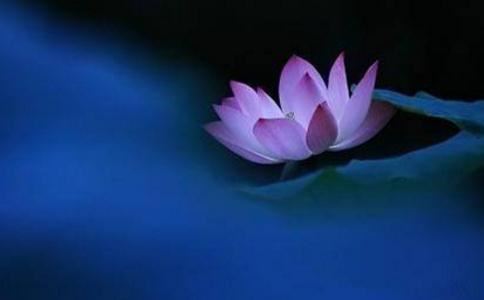了生死要做内圣外王的功夫
2022-08-20 宣化上人全集
内圣就是格物、诚意、正心;外王就是修身,就是要立功。 Inner sagehood consists of investigating things, rectifying the mind, and making the will sincere.Outer kingliness means cultivating the body by performing meritorious deeds.
人修道要将基础打稳,想要了生死就要做些功夫。什么功夫呢?就是“格物、诚意、正心、修身。”什么是格物?就是格除物欲,格除自己的私欲、杂念。物欲包括一切财、色、名、食、睡的欲,你都要将它革除。
In cultivating the Way, we must lay a solid foundation. If we want to put an end to birth and death, we must exert effort. This effort consists of “investigating things, making the will sincere, rectifying the mind, and cultivating the body” [The Great Learning]. What does investigating things mean? It means getting rid of our lust, random thoughts, and materialistic desires. Materialistic desires include the desires for wealth, sex, fame, food, and sleep. We should get rid of all those desires.
“诚意”,就是永远都是如此。信佛要永远信,拿出真心来信,要有坚定的信心。不要总是狐疑不信,怕自己会吃亏上当;又怀疑有没有佛或菩萨,怎么我都没见过?好像狐狸走在冰上,兢兢业业的,若是冰一响,就赶快向后转,所以说“如履薄冰”。人信佛不要战战兢兢、如临深渊、如履薄冰,而要有坚定的信心。然后要“正心”,也就是不自私,你若有自私心,就不是正心。“修身”,凡是对身体有害的东西都不用它,要时刻谨慎小心,
Making the will sincere means being always the same. Your faith in Buddhism should be everlasting, true-hearted, and firm. Don't be so cynical, as if you're afraid you might be swindled and have to take a loss. You doubt the existence of the Buddhas and Bodhisattvas, wondering, “Why haven't I seen them?” You are just like a fox treading across the ice, running back onto solid ground as soon as it hears the ice crack. We should not be so fearful in our belief, as if we were walking along a cliff or over thin ice. Our faith has to be firm.Next, we should rectify the mind, which means being unselfish. If we are selfish, we cannot rectify our minds.In cultivating our bodies, we should avoid using things that harm the body. We have to be cautious and alert at all times.
身体发肤, 受之父母,不敢毁伤, 孝之始也。
My body, hair, and skin were given to meby my parents,And I dare not harm them.This is the beginning of filiality.
修行是修内圣外王的功夫,内圣就是格物、诚意、正心,修身是外王的工作,就是要立功。要勤劳工苦作,不怕活计多。要什么事都能做,不是说我天天打坐就是修行,我不做旁的。若真懂修行的人,起居动作都是修行。
We should cultivate the skill of “being a sage inside, and a king outside.” Inner sagehood consists of investigating things, rectifying the mind, and making the will sincere. Outer kingliness means cultivating the body by performing meritorious deeds. We should diligently toil and labor, and not be afraid of too much work. We should be able to do every kind of work, not just meditate all day long and call that cultivation. If a person truly understands how to cultivate, he can cultivate in everything he does.
修行,就是心里时刻平平静静,没有烦恼,没有无明,没有贡高我慢,没有妒忌障碍。如果你有这些毛病,即使你坐八万大劫,还是那么大脾气、那么多妒忌障碍,这样你也不会修成功的。
Cultivation means being calm and peaceful at all times, without affliction, ignorance, arrogance, jealousy, or obstructiveness. If you still have those problems and are still hot-tempered, jealous, and obstructive, you wouldn't succeed in your cultivation even if you sat in meditation for eighty thousand great eons!
修行,是要真正地去习气毛病,检点自己,才是用功人的态度。所以说“君子不器”,君子不是只像个器皿,如茶杯只能喝茶用,饭碗只能吃饭用,而不能用在其它地方。君子是文武双全,高低都能做,他能治国平天下,也能拿刀上阵,杀退敌人,所以修道是要天天打起精神来努力。
In cultivation, we must get rid of our faults and bad habits, and examine ourselves. That's the attitude of a diligent cultivator. It is said, “A superior person is not a utensil that has just one use.” A superior person is not like a teacup, which is only used for drinking tea, or a bowl, which is only good for eating and cannot be used for anything else. Rather, a superior person has both literary and military skill. He can operate at a high level as well as at a low level. Not only is he able to govern the country and bring peace to the world, he can also take up the sword and charge onto the battlefield, slaying his enemies until they retreat. We should rouse our spirits and work diligently at our practice.
精进就是修行,修行最大的毛病就是怕有烦恼;若无烦恼就得自在解脱,就是大修行人。最要紧的是在任何情形之下,都要很有定力,不生烦恼,这就是修行得力处。
Vigor is essential to cultivation. The greatest thing to be feared in cultivation is affliction. If we have no affliction, we will obtain mastery and liberation and be great cultivators. The most important thing is that we must be very concentrated and calm in all situations, and not give rise to afflictions. This will give us strength in cultivation.
没有烦恼,真正智慧就生出来了。君子可大可小,小如微尘,大如须弥、如法界。大丈夫志能屈能伸,谁冤枉自己,也不生烦恼,伸屈自如,方的、圆的、直的都可以,所以说“君子不器”。
If we are free of affliction, true wisdom will come forth. A superior person is able to be great as well as small; he can be as small as a speck of dust, or as great as Mount Sumeru or the Dharma Realm. With great heroic spirit he can adapt to any conditions. People may accuse him unjustly, but he does not become afflicted. He is always flexible and can meet every need. That's why he is not like a utensil that has only a single use.
“君子不重则不威,学则不固。”就是你若不检点自己,就无威仪,所学的也都是假的。君子是不茍言笑的,绝不轻举妄动,这都是君子的行为。我们修道人要学佛、学菩萨、学圣人,更应该超过君子的程度。学佛法的人要天天如此,不可有丝毫躲懒偷安。
“If a superior person is not serious, he will not inspire awe, and his learning will not be solid.” If you don't examine yourself critically, your deportment won't inspire awe, and the knowledge you gain from your studies will also be false. A superior person does not thoughtlessly laugh or make careless gestures. A cultivator should transcend the level of a superior person and learn from the Buddhas, Bodhisattvas, and sages. People who study the Buddhadharma should be this way every day and not be the least bit lazy.
2024-02-04 21:54
微信分享
扫描二维码分享到微信或朋友圈
